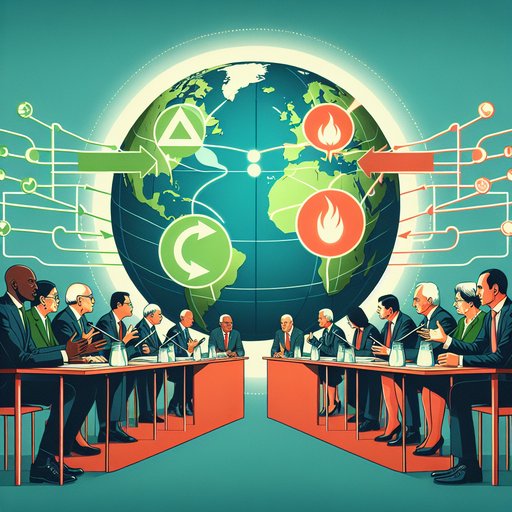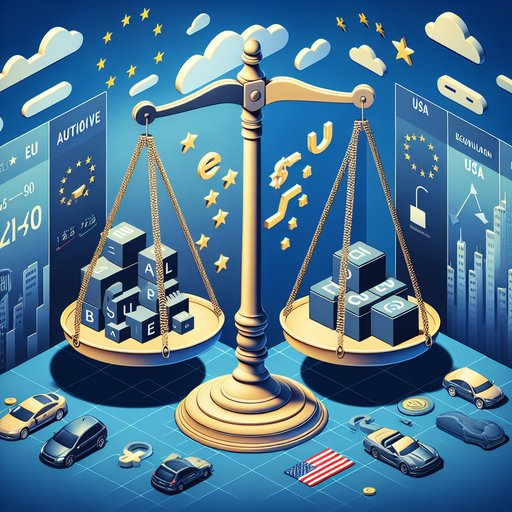
In a significant strengthening of NATO's eastern flank, multiple allies are taking concrete steps to enhance regional security amid ongoing concerns about Russian aggression. Lithuania has unveiled new border fortifications, while the Netherlands announced the deployment of troops and advanced air defense systems to Poland [1]. These moves come as discussions intensify about long-term security guarantees for Ukraine.

In a significant development for global climate action, China has reported a 1% reduction in carbon dioxide emissions during the first half of 2025, driven primarily by record growth in solar energy installations [1]. This progress comes as Europe faces criticism for environmental policy reversals, highlighting the complex dynamics of international climate efforts.

In a significant diplomatic move, US Secretary of State Marco Rubio has announced new sanctions targeting four International Criminal Court (ICC) judges and prosecutors, describing the institution as "an instrument of lawfare" against the US and Israel [1]. This development comes amid ongoing Russia-Ukraine peace negotiations in Washington, highlighting the complex interplay between international justice and geopolitical interests.

In a significant diplomatic meeting, political directors from the Baltic states and Germany have come together to strengthen transatlantic relations and reinforce support for Ukraine. The gathering, which took place earlier this week, highlighted the continued importance of maintaining strong ties between Europe and the United States, particularly in light of ongoing geopolitical challenges [1].

In a significant development highlighting the ongoing battle over election integrity and media responsibility, right-wing network Newsmax has agreed to pay $67 million to Dominion Voting Systems over false claims about the 2020 presidential election [1]. This settlement marks one of the largest payments related to election misinformation and underscores the legal consequences of spreading unsubstantiated claims.

The Malaysian state of Sarawak is taking significant steps toward greater educational autonomy, marking a potential turning point in its relationship with the federal government. The upcoming Malaysia Agreement 1963 (MA63) Technical Committee talks will focus on granting Sarawak more control over its educational system, reflecting a broader movement for regional self-governance in East Malaysia [1].

As global climate negotiations continue to evolve, African nations are pushing for a more equitable approach to the energy transition, highlighting the complex balance between environmental goals and development needs. Nearly 600 million Africans still lack access to electricity, while approximately one billion rely on traditional energy sources, underscoring the continent's unique challenges in addressing climate change [1].

Donald Trump’s back-to-back meetings with Vladimir Putin in Alaska and Volodymyr Zelenskyy in Washington were billed as pivotal for ending the war in Ukraine. In practice, they produced little beyond confusion and concern. Trump’s message was blunt: unless Kyiv and Europe accept his plan, fighting will continue. The plan itself leaned toward Moscow’s demands, including suggestions of territorial concessions. For Ukraine and Europe, this was not a roadmap to peace but an attempt to pressure them into surrender.

European Commission President Ursula von der Leyen has announced plans for a new package of sanctions against Russia, marking the EU's 19th round of punitive measures since the conflict began. The announcement comes amid mounting calls from Ukrainian President Volodymyr Zelensky for tougher penalties against Moscow [1].

A new trade dispute is emerging between the European Union and the United States, centered on the implementation of the EU's Digital Services Act (DSA) and its impact on American tech companies. The disagreement threatens to delay a broader trade agreement between the two economic powers, highlighting the growing complexity of digital regulation in international commerce [1].
























